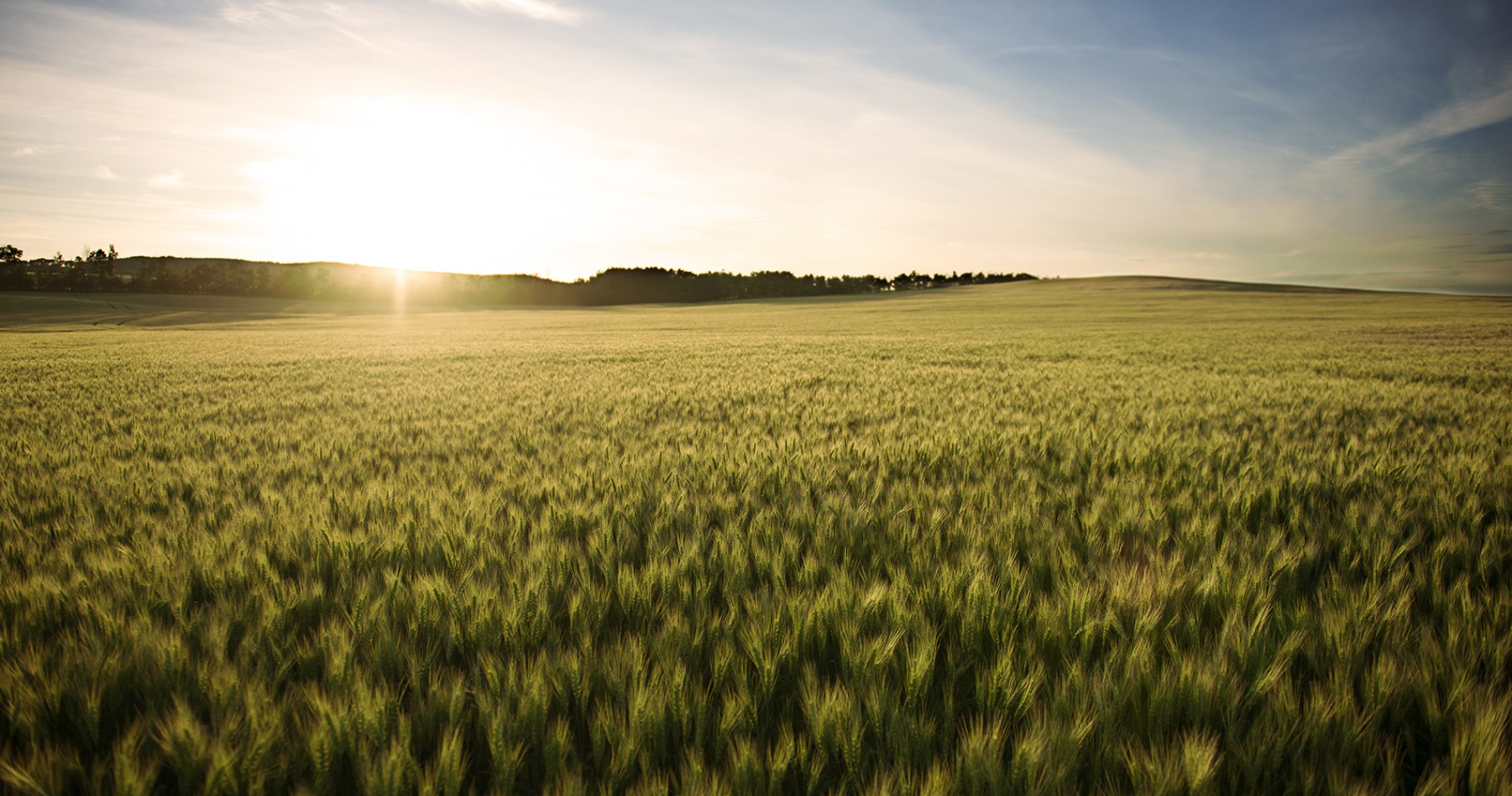Breaking ground on mental health
The word health applies to many facets of the farm. From soil to financial, farmers are constantly taking a temperature check on farm health. But are they doing the same for their most significant asset, themselves?
“Any machine or farm equipment won’t last if it’s constantly running at maximum output. We wouldn’t do that to our farm equipment; why would do that to our mental health?” said Rebecca Purc-Stephenson, Ph.D., a presenter at the 2024 CrossRoads Crop Conference in January.
Dr. Purc-Stephenson’s research on behalf of AgKnow and the University of Alberta focuses on stress rates, mental health outcomes and coping strategies among Alberta farmers. The 2021 data showed Alberta farmers had moderate anxiety at 28 per cent compared to the national average of 13.7 per cent.
A livelihood built on commodity production is stressful because it’s built on many uncontrollable factors. “The nature of your job (farmers) allows stress to build up slowly over time and almost become normalized,” said Dr. Purc-Stephenson. “The story is, this is hard work, but we’re still doing it.”
When everything else feels out of control, farmers turn to what they can control. Dr. Purc Stevenson’s research outlines that resilience levels among Alberta farmers were higher than the national average. However, “because we can control our thoughts, we often tell ourselves to push forward, but when we do that, we often lead ourselves to burnout.”
Signs of burnout can include:
- Feeling emotionally exhausted or spread too thin
- Feeling like you’re running on empty
- Feeling like you can’t take a break
Changes in mental health can also manifest as unpredictable changes in appearance or property, increased illness or changes in routine. So, how does a farmer start managing stress, anxiety and burnout?
“I think talking about it with someone, anyone, is a good place to start,” said Sean Stanford, a delegate in Region 1 at Alberta Grains. “You would be surprised how many people are going through the same thing or can relate.
“It’s scary, and it’s hard, but it’s worth it to take care of yourself,” Stanford said. “Farming can be an isolating job, a lot of time with your thoughts and a lot of pressure.”
Programs such as AgKnow can significantly influence the subject of mental health in agriculture. At the heart of their efforts are authentic individuals facing challenges and presenting real opportunities to transform mental health in farming.
Dr. Purc-Stephenson is working with farming communities to develop strategies that foster healthy resilience against the stress of farming.
With attention devoted to crops, finances, and equipment, it’s crucial not to overlook the farmer’s well-being. As warning signs of mental health challenges become apparent, it’s important to recognize the need for help and seek support. It’s time to cultivate a culture that values the health and well-being of the farmers producing grain in our province and beyond.
If you or someone you know needs mental health resources, visit www.agknow.ca.
For an emergency or crisis situation, call 911.

